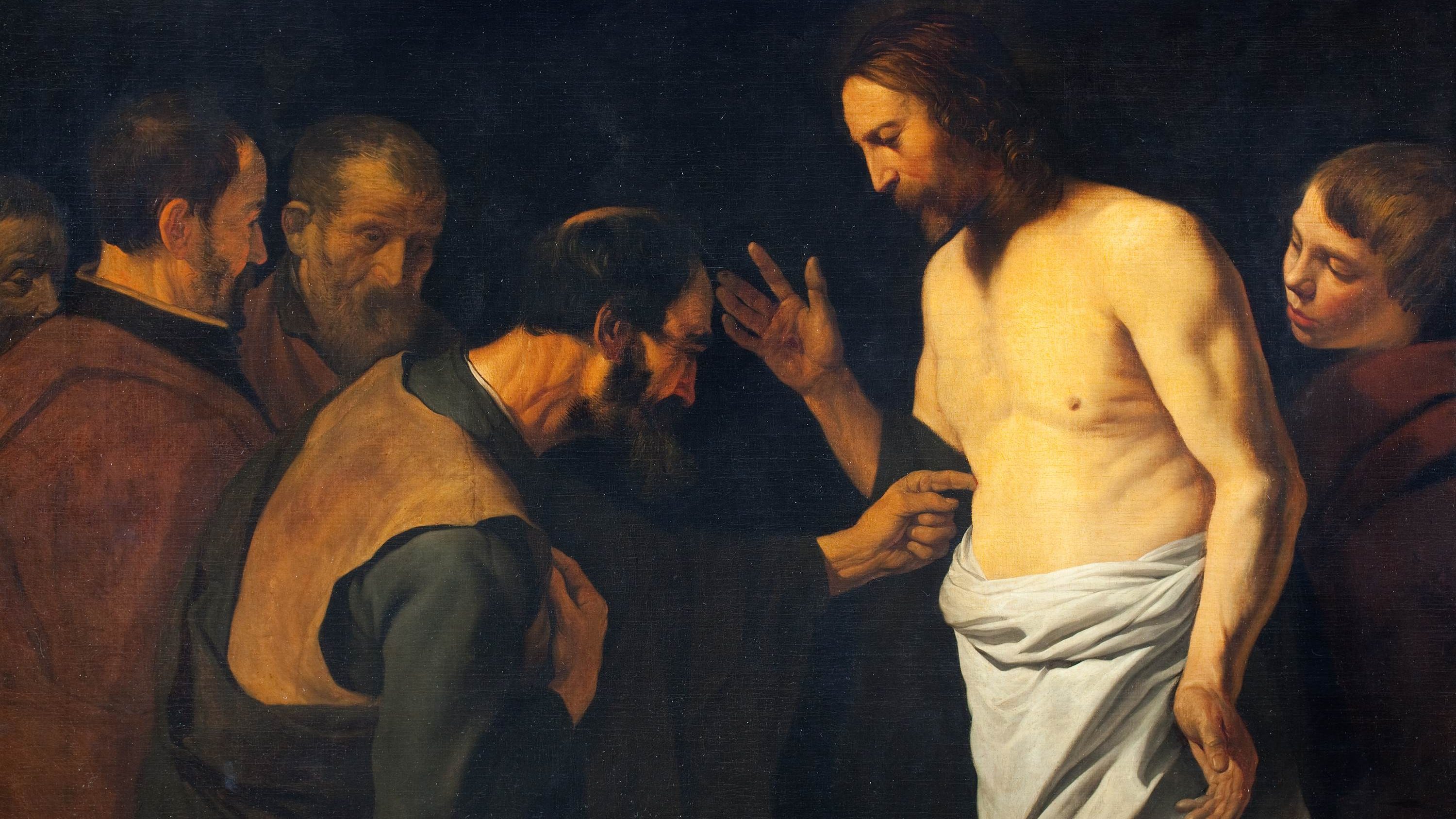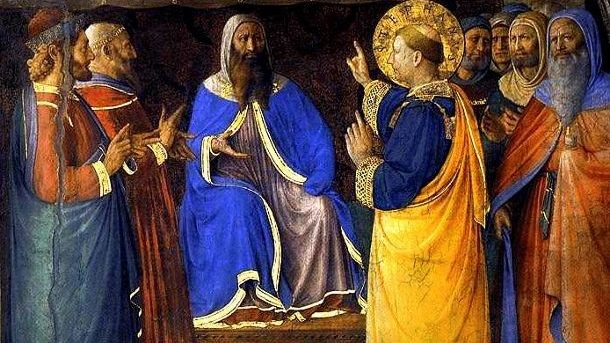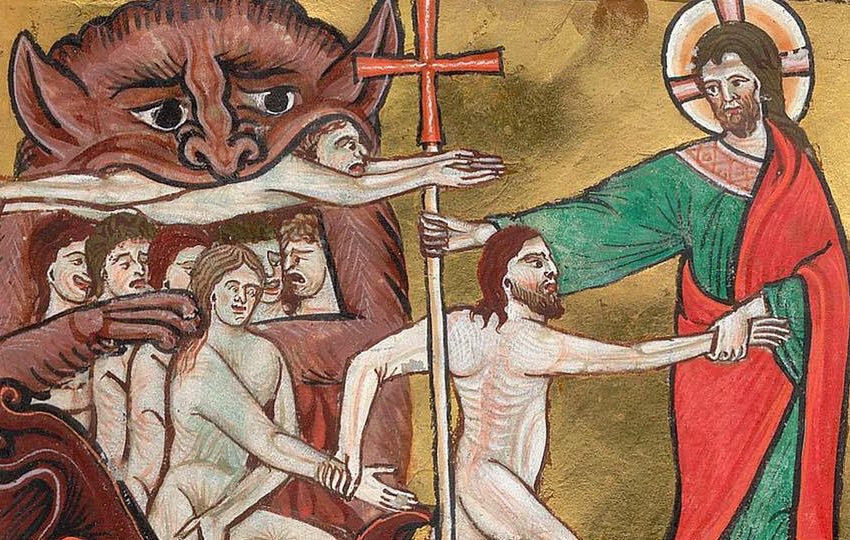Divine Mercy Sunday
2nd Sunday of Easter
One week after the Resurrection, on the Sunday after Easter (the Sunday we celebrate this week), Christ appears to the Apostles and tells them, “Peace be with you.” He gives them his peace, but then he gives them something else. He gives them a mission. He says, “As the Father has sent me, so I send you.” The mission that the Father gave to me, I now give you that same mission. And what was that mission?
Jesus saves us from our sins. That’s why he was sent by the Father. And now he stands before the Apostles and he says, “As the Father has sent me [to save people from their sins], so I send you.” And then he breathes on them, just like God breathed life into Adam in the beginning, and says, “Receive the holy Spirit. Whose sins you forgive are forgiven them, and whose sins you retain are retained.” He passes on to them his mission — and his divine authority — to forgive sins.
Christ came to free us from sin. That’s his mission and therefore it’s the mission of the Church. It’s the Church’s mandate from God to free people from their sins, making it possible for them to share his divine and eternal life. The Church doesn’t condemn people for their sins. She doesn’t need to. Our own sins condemn us, if we remain in them. The Church instead offers freedom, saying “Peace be with you,” and “Do not be afraid.” The Church offers help. And we need help to remain free from sin. One single moment of conversion is not enough. One moment of forgiveness doesn’t save us from future struggles. We need ongoing help throughout our lives to persevere in freedom.
That’s why unlike Baptism that we receive only once, we can come to Confession again and again, as often as we need to be restored to divine life — because we need help to overcome our sins and Jesus knows it. That’s what mercy means. It doesn’t just mean forgiveness; it means “help.”
God doesn’t forgive our sins once and then expect us to live perfect lives on our own. He knows we can’t. We’re not meant to. We can’t be holy without God, so he sends us help. He sends us his Son, Jesus. And Jesus sends the Church as ministers of his divine mercy. Help is there if we want it. All we have to do is ask, but we have to ask. We have to pray Kyrie Eleison, Lord have mercy. God doesn’t force his help upon anyone. He has too much respect for us to intrude where he is not wanted. He doesn’t break down the door of our heart. He stands outside and knocks, waiting patiently for us to open to him. This is the message of Divine Mercy Sunday: infinite help is available in Christ, if we ask for it.
Pope St. John Paul II instituted the Feast of Divine Mercy in the year 2000, at the canonization of St. Maria Faustina Kowalska, the Polish nun whose visions of Christ in the 1930s gave rise to the modern devotion to the Divine Mercy. In his first appearance to her, Jesus told Sister Faustina:
My daughter, tell the whole world about My inconceivable mercy… Let no soul fear to draw near to Me, even though its sins be as scarlet. My mercy is so great that no mind, be it of man or of angel, will be able to fathom it throughout all eternity… It is My desire that [the Feast of Mercy] be solemnly celebrated on the first Sunday after Easter. Mankind will not have peace until it turns to the Fount of My mercy.
Christ’s mercy available to us at all times; but he asked for it to be celebrated in a special way today, on the Sunday after Easter, that day when he appeared to the Apostles to send them on their mission of mercy. The wellspring of God’s mercy has been poured out upon us, flowing from the wounds of our Savior. Let us draw near to the source of his Divine Mercy and drink deeply from that inexhaustible well.



